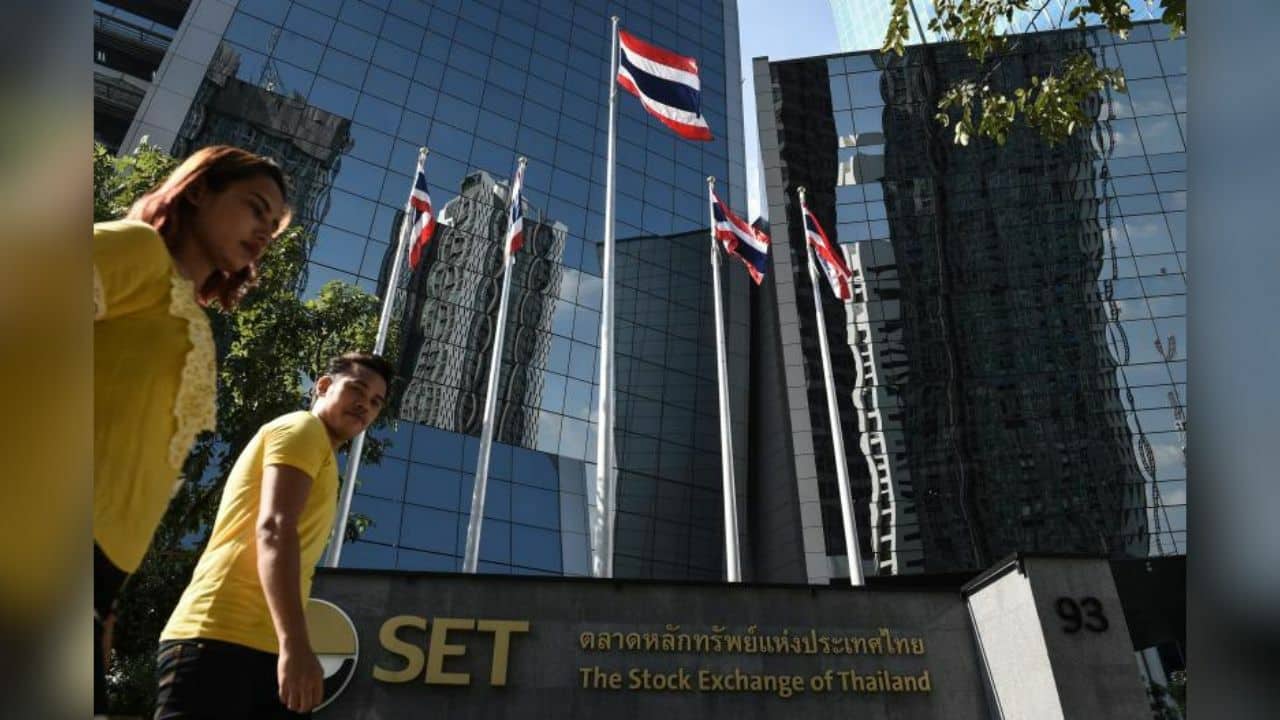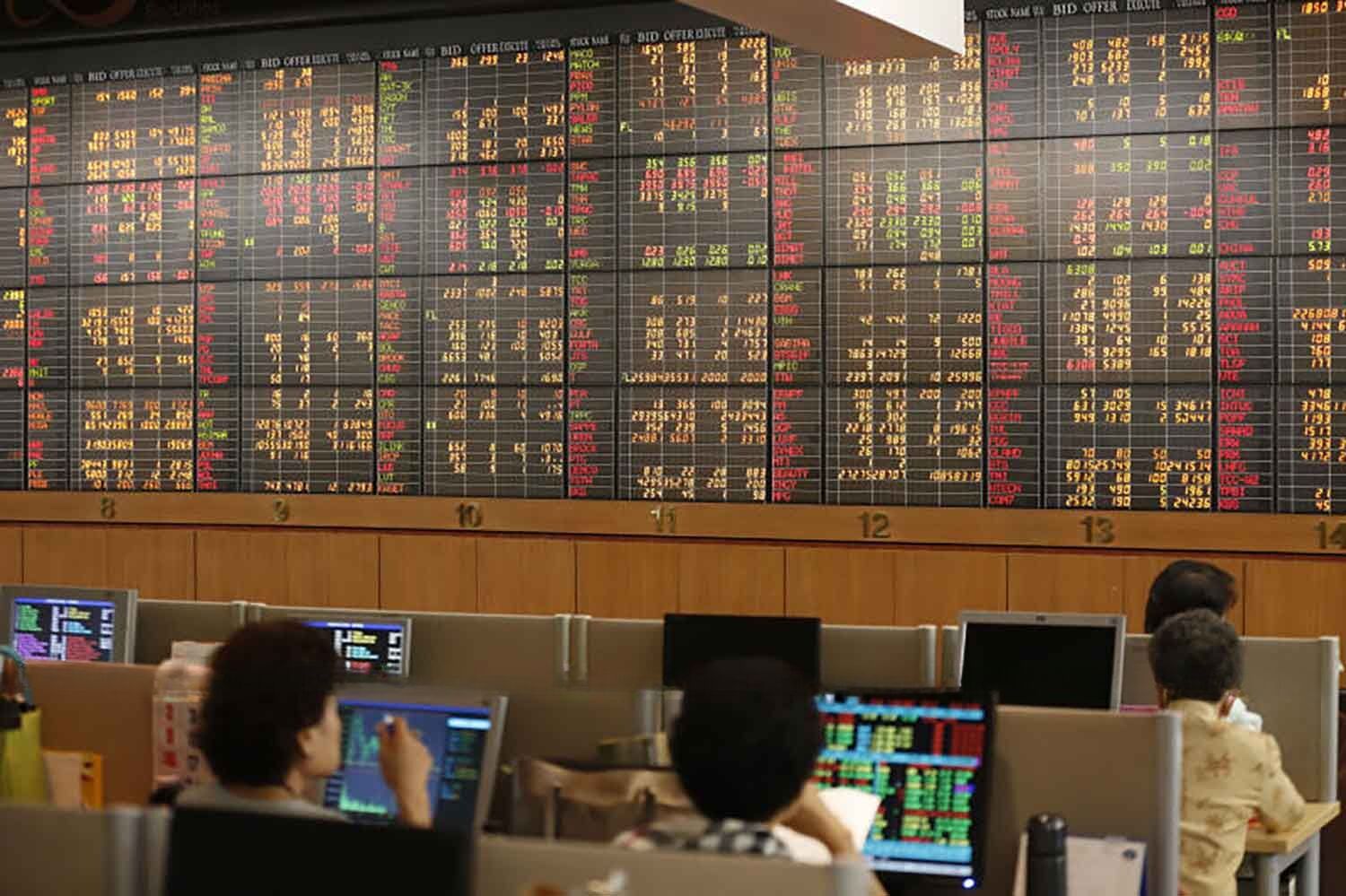Thai-Cambodia border tensions rattle SET index
SET index dips 2.8%, rebounds 6.3% and 11.3% later

Tensions at the Thailand-Cambodia border have unsettled investors, with the Stock Exchange of Thailand (SET) index declining by 4.8% since May 15.
Krungsri Capital Securities (KCS) reported that cross-border commerce disruptions and shaken confidence in sectors linked to Cambodia, such as beverages, food, cinemas, and hospitality, are contributing factors.
Carabao Group, which generates 10% of its sales from Cambodia, and Osotspa, with 7% of sales from the country, have experienced decreased investor sentiment.
Carabao Group plans to use sea routes for product shipments if border closures persist, although analysts warn that further escalation could have more severe effects.
Hospitals are less impacted since Cambodian patients account for less than 5% of revenue for most Thai hospitals. Cross-border medical tourism primarily occurs via air travel, and exemptions for these patients help mitigate disruption risks.
Cinemas and food exports have seen minimal effects. Major Cineplex Group, operating six cinemas in Cambodia, derives 3.8% of its revenue from the region. Meat exporters like Charoen Pokphand Foods, Thaifoods Group, and GFPT also operate in Cambodia.

An analysis of previous Thai-Cambodian military conflicts revealed that the SET index typically fell by an average of 2.8% a month after each event but rebounded by 6.3% over three months and 11.3% over six months, suggesting short-lived impacts.
With Cambodia withdrawing troops, markets might stabilise, although analysts at KCS caution that the situation remains fragile and renewed conflicts could trigger further investor anxiety.
Cambodia’s investment sentiment has also been affected by the recent border tensions. Tris Rating projects Cambodian GDP to grow by 5.8% this year and 5.9% in 2026, which is notably below the pre-Covid average of 8% from 2015 to 2019. The economic outlook is challenged by slow domestic consumption, a real estate surplus, and the impact of US tariffs on recovery.
Despite a rise in services exports, weakening domestic consumption is evident through sluggish credit growth, and government spending is limited by fiscal constraints.
Rising trade concerns also pose a threat, as proposed US tariffs could severely impact Cambodia’s exports, with the US previously accounting for 37% of total exports in 2024.
Additionally, Chinese exports, redirected from the US due to high tariffs, could inundate Southeast Asian markets, affecting Cambodia’s trade stance, reported Bangkok Post.
The current account balance is expected to shift from a 0.8% surplus in 2025 to a 0.8% deficit in 2026. Nevertheless, strong foreign direct investment and improved financial account performance are anticipated to bolster foreign exchange reserves, ensuring public debt remains manageable at around 26% of GDP, according to Tris.
Latest Thailand News
Follow The Thaiger on Google News:


























